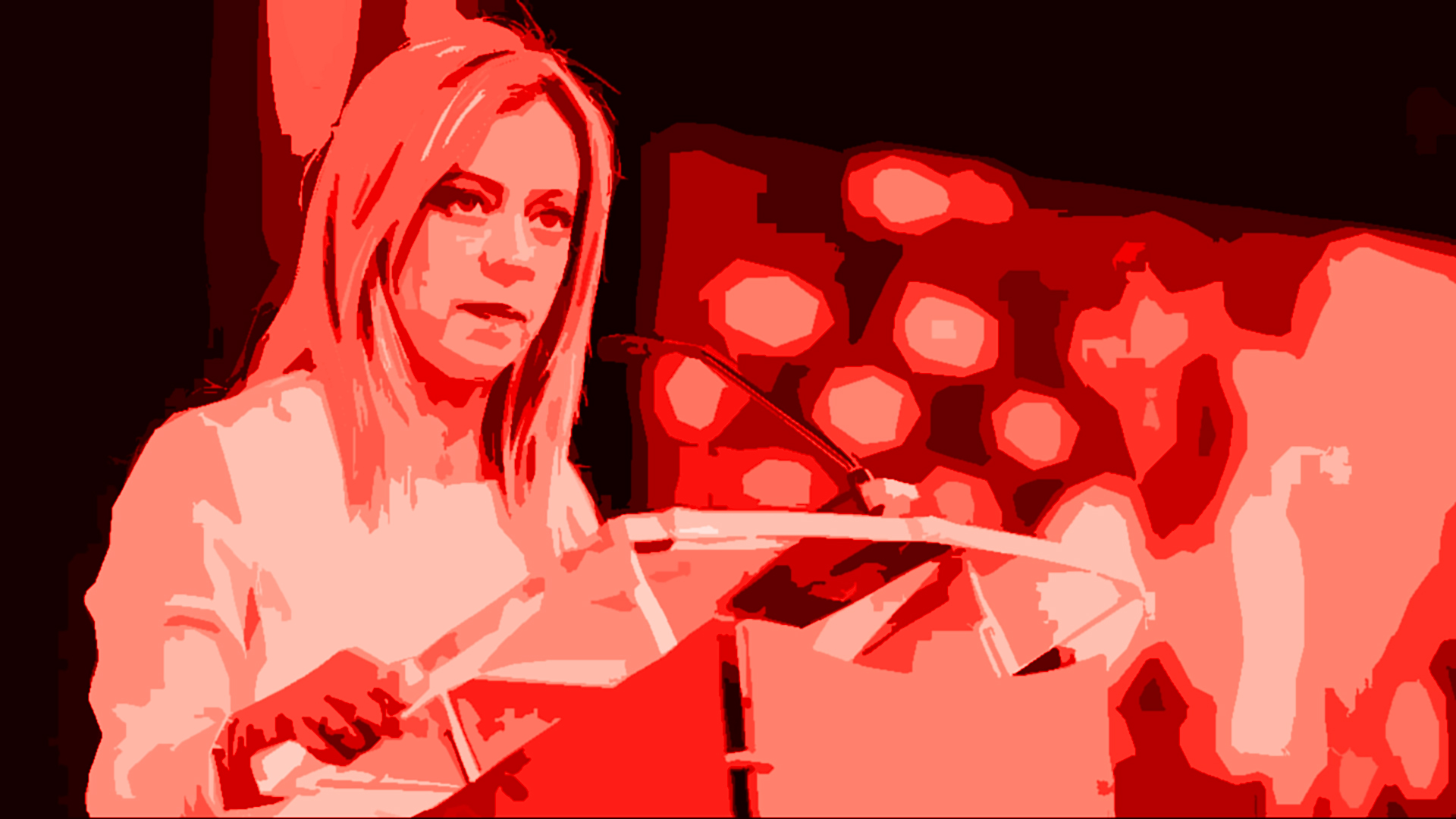
Why would an Albanian support Giorgia Meloni?
Muslims celebrating an Islamophobe, immigrants celebrating a xenophobe.
Why would a Muslim in Kosovo celebrate a politician who flirts so openly with Islamophobia?

Gezim Qadraku
Gezim Qadraku was born in Kosovo and grew up and lived in Italy for 20 years. He now lives in Germany. Gezim holds a Bachelor’s in International Political Science from the Università degli Studi di Milano and a Master’s in International Economics and Public Policy from the University of Trier. He speaks four languages.
DISCLAIMERThe views of the writer do not necessarily reflect the views of Kosovo 2.0.
This story was originally written in English.